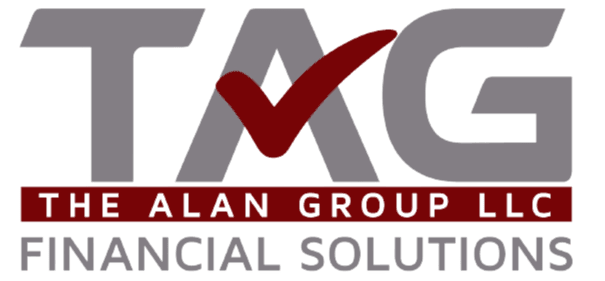New 1099-K Reporting Rules Complicate Small-Business Taxes

Posted on 01 Aug 2022
The minimal reporting threshold for peer-to-peer payment platform transactions has decreased from $20,000 (or 200 transactions) to just $600 because of a provision in the American Rescue Plan Act of 2021. That means that businesses that use platforms like Venmo, Cash App, PayPal, and even storefronts like Etsy and eBay can expect to receive 1099-K forms for the 2022. To be clear, businesses have always been obligated to report their income to the IRS -- but this new law may open up more businesses to audits if they don't correctly report their earnings.
Not to mention that if businesses don't properly track their finances outside of third-party payment platforms to cross reference with their 1099-K forms, they may fail to catch errors -- and therefore set themselves up to pay more in taxes than they should, explains Sean DiMercurio, a certified public accountant and founder of the Orlando-based accounting and tax firm DiMercurio Advisors. "A lot of really small businesses don't have proper books," he says. "So when I saw this change my first reaction was, 'Oh my God, they're all going to freak out.' "
The good news: There's no real reason to freak out. And while this tax change will likely require a bit more bookkeeping effort on the part of small businesses, there are fairly straightforward strategies business owners can take to make tax season 2022 as stress-free as possible -- and if you are subjected to an audit, there are tactics you can follow to best protect your business. Here are some tips.
Upgrade your bookkeeping strategy
Most business owners won't find errors on their 1099-K forms, but mistakes do still happen, DiMercurio says. Keeping track of your earnings outside of whatever platform you use can allow you to cross-reference that form and make sure that everything is correct. If something seems off, don't be afraid to reach out to the platform. "The first step is to call Etsy, or whatever platform [you] use, because that's free -- talking to your CPA is not," he adds.
DiMercurio recommends bookkeeping software like Xero or QuickBooks to his small-business clients -- especially because they allow business owners to properly document expenses. "It's important to note that the 1099-K forms include the gross amount of sales -- but that's not what you pay taxes on. You pay taxes on profits, which is sales minus your expenses," says Kathy Pickering, chief tax officer at H&R Block. "And your expenses include the fees you might be paying for any of those transaction platforms.
Keep your personal life separate
Using a platform like Venmo for your business and for your personal life -- like when you split the bill at dinner with friends -- might seem like a real convenience. But it's just not worth the hassle it brings when tax season arrives, Pickering says. "The IRS's stance is that 'everything is business unless you can prove to me otherwise,' " DiMercurio adds. Labeling transactions as business or personal is helpful, but it's well worth the added expense of opening business-specific accounts to avoid potential headache down the line, he says.
Pare back your payment options
It may seem advantageous for a business owner to accept all kinds of payment (e.g., Cash App, Venmo, PayPal). But doing so can make bookkeeping more complicated. "We know from the research we've done that small-business owners can get really overwhelmed by accounting," Pickering says. "They need to stay focused on their business, so simplifying your business transaction maintenance is really important."
The opportunity cost, DiMercurio adds, just isn't worth it to juggle too many platforms. "I think, as business owners, we try to do so much because we want to make every dollar without realizing that sometimes it actually costs us a lot of brainpower," he says.
Don't submit more than what's necessary
Even if you've ticked all your boxes when it comes to filing taxes, audits still happen. The important thing is to not panic and also to understand what, exactly, the IRS is asking of you. "Oftentimes, the worst thing that happens is that the taxpayer talks to the IRS before they talk to their professionals," says Nick Richards, a tax attorney and partner at the national law firm Greenspoon Marder. If your business gets audited, walk through the process with your CPA and your legal counsel.
The risk of handling an audit alone, Richards says, is sharing too much information, which can lead the IRS to further investigate your business. "It's a matter of cooperating with the IRS, but also not giving them more than they're entitled to receive," he says. For example: If the IRS is auditing your business for a specific year and you share all of your bookkeeping information, instead of just your bookkeeping for that specific year, it can open up further questioning beyond the initial audit.
When in doubt, talk to someone on your side who can help you walk through the process in a cooperative manner that also protects your own interests. "In audits, people often don't understand the things that may become problems for them," Richards says. "And you don't want to find that out from the other side."
Original article: https://www.inc.com/rebecca-deczynski/1099-k-reporting-threshold-change-small-business-tax-advice.html
Get In Touch
Send Us A Message
Please submit your inquiry, and we will respond as soon as possible.
